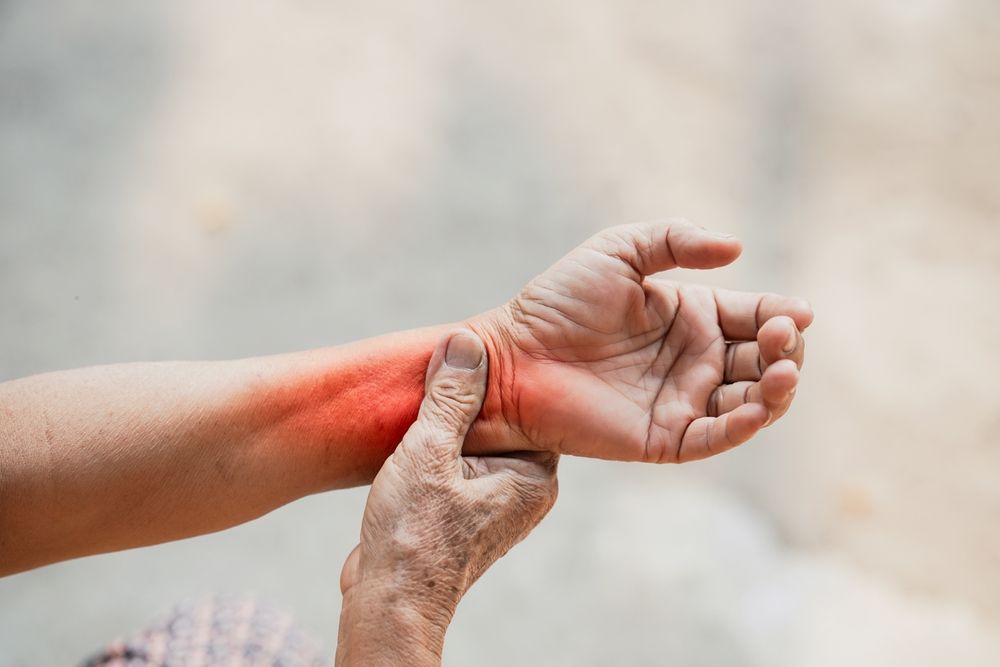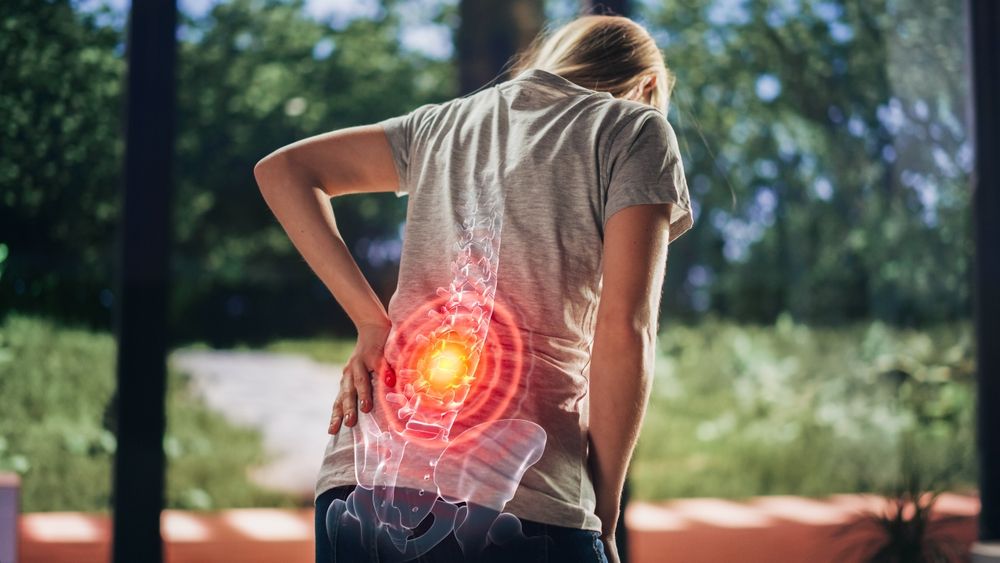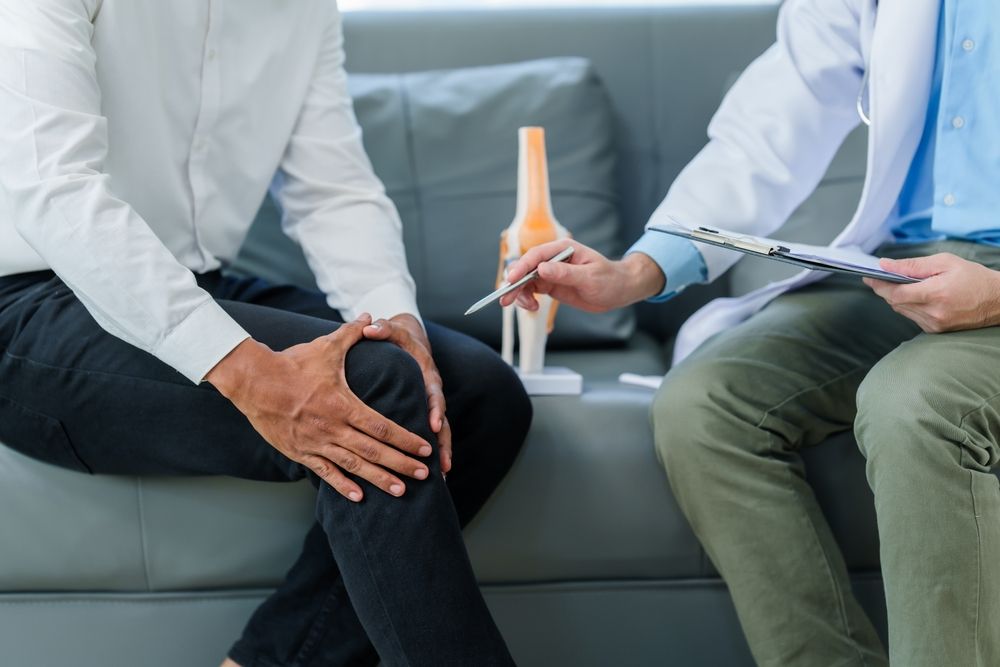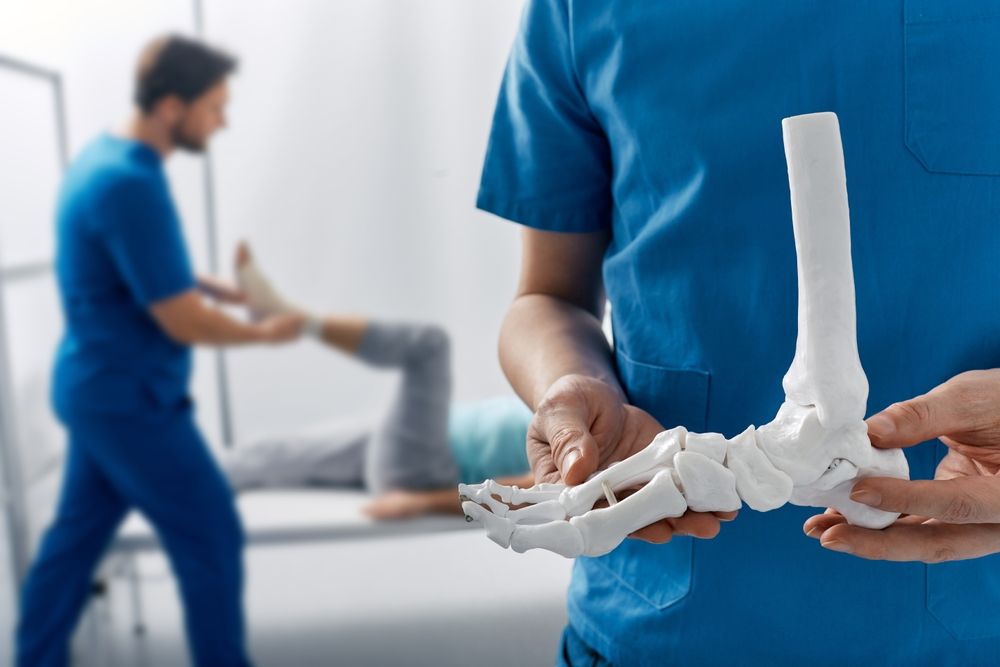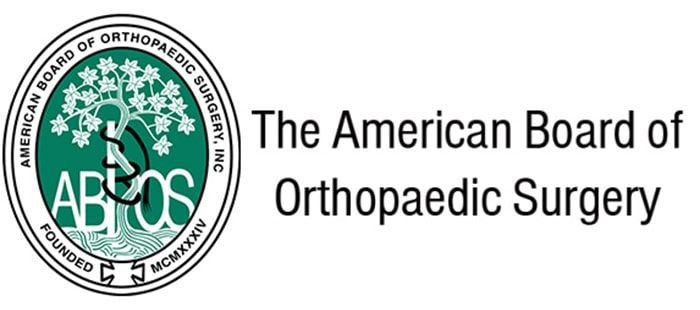Our knees are among the most important joints in our body when it comes to staying active. Dancing, running, walking, and even standing rely on our knees’ strength and resilience. When the strength of our knee has become compromised, it can limit our day-to-day activities and hinder the normal function of the knee. When this weakness is severe enough, it can become thoroughly disabling. There is no age at which knee weakness strikes; it can happen at any stage of life. Proper treatment driven by early detection makes it possible to reclaim your mobility and quality of life while returning to your routine. The Dearborn & Associates Institute for Joint Restoration team helps patients in and around Menlo Park, CA, restore strength in their knees and reclaim an active life.
Knee Weakness: Causes and Symptoms
There is no singular thing that leads to the knee becoming weakened. However, many common factors play a role. Most of these factors involve the structural integrity of the knee, its ligaments, muscles, and nerves. The most common reasons that patients experience weakness of the knee include:
- Knee Osteoarthritis – Osteoarthritis is a form of degenerative joint disease that frequently occurs as we age. It’s more common in women past menopause than in men of any age. With this condition, the cartilage of the knee gradually wears away, leading to pain, stiffness, and reduced stability.
- Knee Injury – Trauma to the knee joint can include strains, sprains, or tearing of the tendons or ligaments. These structures are essential to the strength and durability of the knee and its ability to function well.
- Muscle Weakness – Conditions that impact the strength and resilience of the muscles supporting the knee joint can also contribute to knee weakness. The hamstrings, quadriceps, and calf muscles becoming impaired impacts the strength and stability of the knee joint.
- Nerve Damage – Our nerves are essential to our body’s functions. Nerve damage or degradation can impair the ability of the body to communicate well. This can result in our joints and muscles not functioning as well as normal, leading to knee weakness.
Symptoms that indicate you may be experiencing weakness of the knee include:
- Feelings of instability within the knee
- Sudden buckling of the knee
- Soreness and pain in the knee joint
- Flexibility and motion limitations in the knee
- Inflammation and swelling in the knee joint
If you’re experiencing symptoms like these, you must find professional support and treatment for your knees.
See Dearborn & Associates Institute For Joint Restoration For Care
Our team is trained to provide exceptional care with outstanding results for our patients. When knee weakness is a concern, we can provide steps for preventing the condition’s onset and reversing its state. We start with physical therapy and body mechanics and then develop your treatment plan based on your response to these less invasive approaches. Every patient’s experience with knee weakness is different, so we tailor our treatment to the realities surrounding your case. Call us today at (510) 818-7200 to schedule an appointment at our Menlo Park, CA offices!


